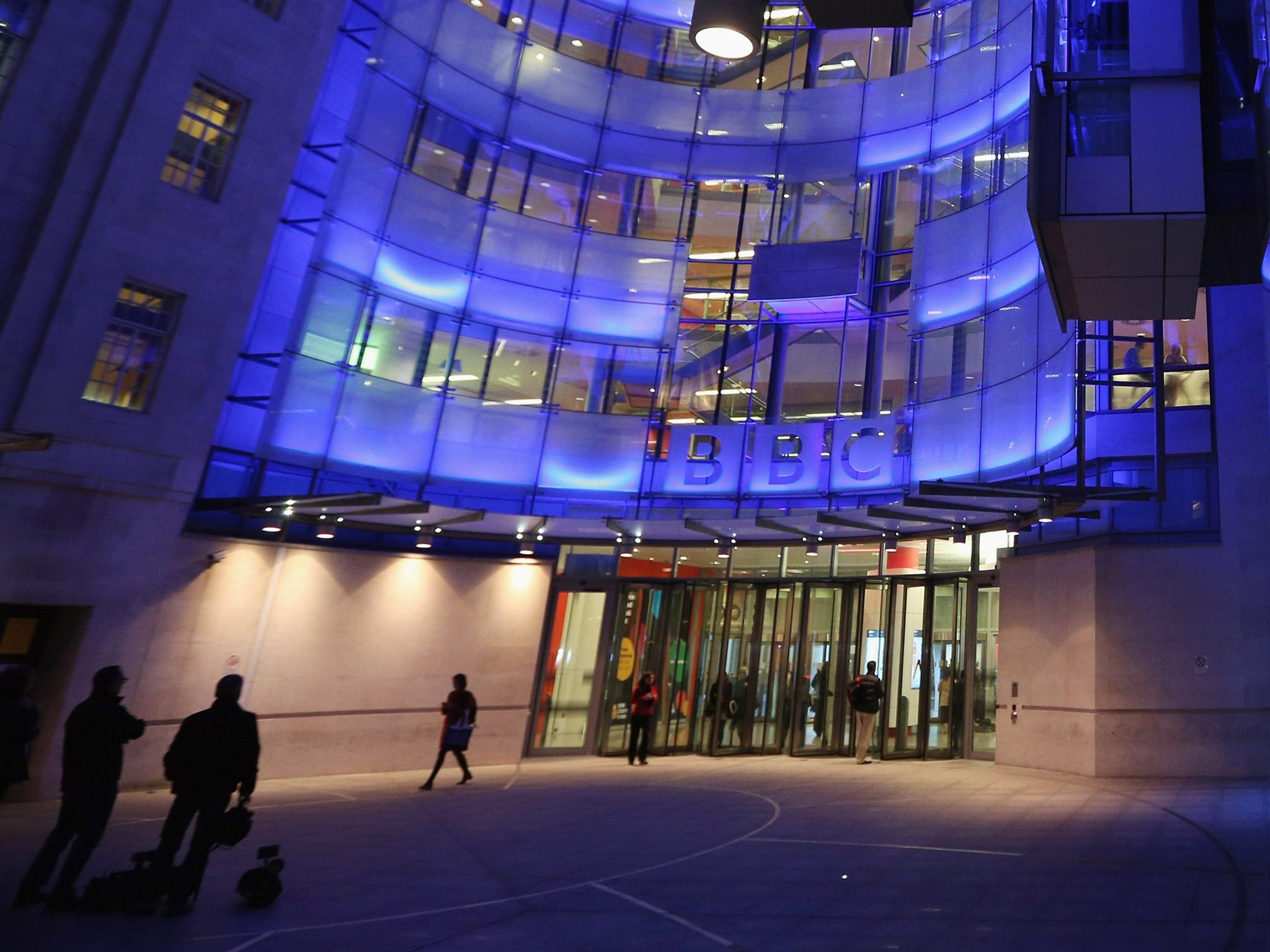The BBC can look forward to a stable and creative future if it takes the right decisions - and gets Government help
Prioritising key areas and doing less light entertainment, fewer game shows and scaling back Radio 1 and 2 would allow the inflated fees paid to ‘the talent’ to be reduced

Your support helps us to tell the story
From reproductive rights to climate change to Big Tech, The Independent is on the ground when the story is developing. Whether it's investigating the financials of Elon Musk's pro-Trump PAC or producing our latest documentary, 'The A Word', which shines a light on the American women fighting for reproductive rights, we know how important it is to parse out the facts from the messaging.
At such a critical moment in US history, we need reporters on the ground. Your donation allows us to keep sending journalists to speak to both sides of the story.
The Independent is trusted by Americans across the entire political spectrum. And unlike many other quality news outlets, we choose not to lock Americans out of our reporting and analysis with paywalls. We believe quality journalism should be available to everyone, paid for by those who can afford it.
Your support makes all the difference.Any organisation employing 20,000 people and with a turnover of almost £5bn would be a challenge to manage. When, like the BBC, it occupies a unique place in the nation’s cultural life and its affections the difficulties of matching aspiration to resource is still more acute.
Ever since John Birt’s director-generalship almost three decades ago successive management teams have taken on more and more, against sometimes intense public and political pressure to limit rises in its licence revenue. In recent years what has been asked of the corporation has been remarkable: a freeze on the licence fee since 2010; a marked expansion in its service provision, from catch-up to the ever expanding website; plus taking responsibility for the World Service, paying the £600 million a year cost of free licences for the over 75s; and making a contribution to the cost of rolling out broadband nationally.
The BBC has plenty of scope for cost cutting, and has proved as much with, for example, a one-third chop in the cost of its middle management in one year flat, thus confirming the worst fears aroused by the satirical W1A. Still, there are more strategic and tougher choices the BBC has yet to make. These are complex, obviously, but a simple test can be applied to each one of them; “Is this something that can only be done adequately by the BBC?” In that context it is plain that the following need to be prioritised;
- News coverage, especially vital but expensive foreign bureaux;
- Documentaries, including nature programming;
- Local radio and regional production;
- Intelligent children’s programming;
- Arts and culture;
- The ‘core’ parts of the web service, which should also be placed on a more commercial footing.
- Protection of commercially valuable brands such as Dr Who, Top Gear and Strictly.

That suggests the BBC will be doing less light entertainment, fewer game shows, and can scale back Radio 1 and 2 and other types of output obviously well catered for elsewhere (and where the BBC’s excellence has not produced a valuable stream of future revenues and profits from its commercial arm). As a corollary, the inflated fees paid to “the talent” can be reduced in line with their lower profile on BBC services, which should be a little more serious and a little less populist.
In return for that, the Government should allow the BBC licence fee to increase with average earnings, (and indeed reduce with them in times of hardship and recession), and modernise the licence so that it becomes a levy on any individual with access to a television, radio or the internet either in the home or in their car. In the next Charter period the BBC, and the whole nation, can look forward to a stable and creative future. As with so many technical and artistic challenges, the BBC can do it if we allow it to do so.
Join our commenting forum
Join thought-provoking conversations, follow other Independent readers and see their replies
Comments